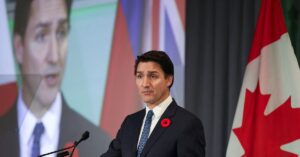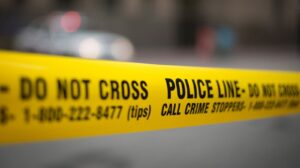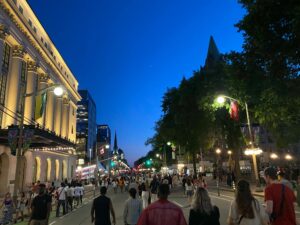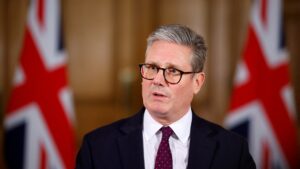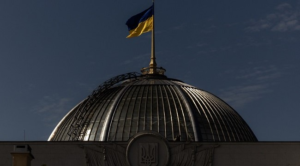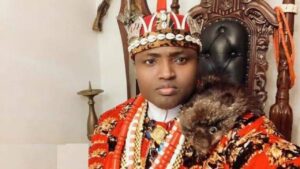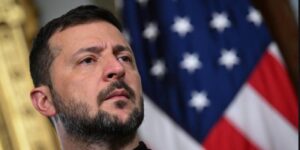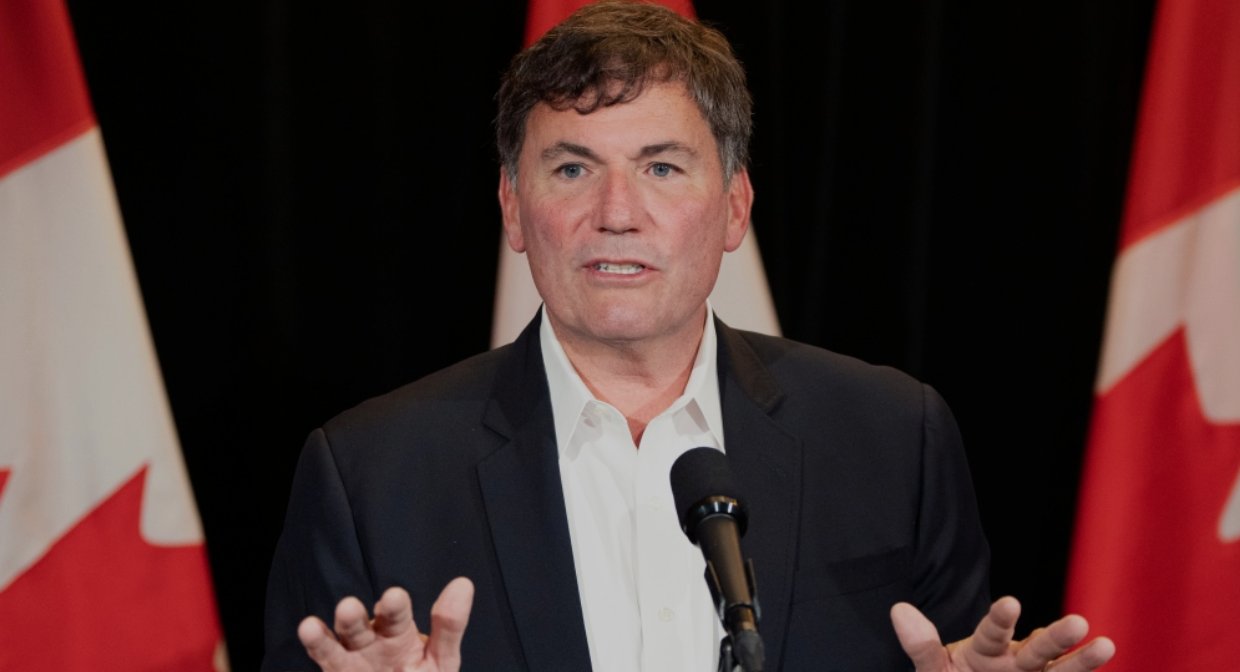
Work on Canada’s public inquiry into allegations of foreign interference has officially begun, the judge tapped to lead it says.
Marie-Josée Hogue laid out the framework in a news release Thursday, and said the inquiry will undertake its work in two phases. This comes after she started in the role on Sept. 18.
The first phase will focus on allegations of interference from China, Russia and other foreign actors, and any impact it had on the 2019 and 2021 federal elections.
The second phase will see the inquiry examine the government departments and agencies to see how Ottawa can detect and counter such activities.
The inquiry intends to conduct its work in a way so as to maximize public disclosure, but without putting national security at risk.
“While this will be a difficult balance to strike, I will do my utmost to achieve it, as both objectives are paramount,” Hogue said.
The inquiry will hold public hearings in each phase of its work, with the first being held early next year and the latter in fall 2024. The inquiry’s first report is due by Feb. 29, 2024, with the final due Dec. 31, 2024.
More information is expected when the inquiry launches its website and plans to issue a call for applications for standing by interested parties on Nov. 10, Hogue said.
“The work to set up an independent public inquiry, particularly one that deals with national security issues, is complex,” Hogue said.
“Our work is progressing steadily, and I look forward to sharing more information with Canadians on Nov. 10.”
The inquiry will also have a process for the public to submit information or share their observations.
“Our timeline is ambitious, and it will require the inquiry, and all interested parties to work expeditiously and cooperatively with one another,” Hogue said.
“I look forward to working with all of those involved.”
Hogue, a puisne judge of the Court of Appeal of Quebec, was tapped by Public Safety Minister Dominic LeBlanc after a months-long search for a judge to head an inquiry after former governor general David Johnston, the special rapporteur looking into allegations of foreign interference, resigned from the role in June amid accusations of bias.
“Justice Hogue will have full access to all relevant cabinet documents, as well as all other information she deems relevant for the purposes of her inquiry,” LeBlanc told reporters in Ottawa in September after announcing her appointment.
“In addition to examining and assessing interference by China, Russia and other foreign state and non-state actors, Justice Hogue will also look at the flow of information to senior decision-makers, including elected officials.”
Opposition parties were demanding a public inquiry for months and the Liberals initially balked at the idea, instead tapping Johnston to lead a probe into the matter.
They asked him to advise before the end of May whether an inquiry was warranted. He concluded that because so many of the matters were cloaked in secrecy due to national security implications, a public inquiry would be less useful.
The Conservatives accused Johnston of bias because of past ties to the family of Prime Minister Justin Trudeau as well as the Pierre Elliott Trudeau Foundation, created in honour of his father.
Johnston denied any partisan bias and the Liberals pointed out repeatedly that he was appointed governor general on the advice of then-Conservative prime minister Stephen Harper, but he decided to step down from the role.
Foreign interference has been a persistent issue in Ottawa this year amid reporting on allegations of Chinese meddling in Canada from The Globe and Mail and Global News.
Much of the conversation on foreign interference was dominated by the Chinese allegations until this year when Trudeau dropped a bombshell claim in the House of Commons this September.
The prime minister alleged Canada had “credible” evidence that agents of the Indian government may have been involved in the murder of a Canadian-Sikh advocate in British Columbia this summer.
India strongly denied the allegation, and it led to a diplomatic row that resulted in diplomatic expulsions, services being temporarily paused and Canada ultimately reducing the size of its mission in India at New Delhi’s request.

